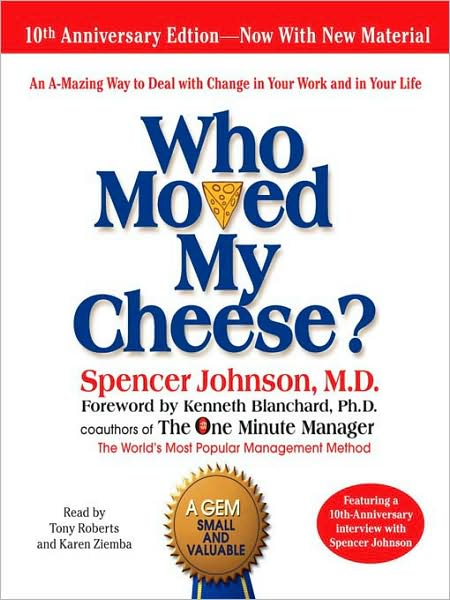Went to my nephew's sixth birthday party at Chuck E. Cheese (although when you turn six its kind of your seventh birthday party, birth should count right?). Firstly, I sat in the back of an SUV forced to keep my knees very bent... not pleasant. This is something I would advise anyone at all, let alone with knee surgery to avoid, but options were limited... I suppose this makes me a 'do as I say not as I do type of individual', perhaps? My knees were not happy with me after that ride. I am happy to report that I am more than 1 full year out of surgery and other than this long knee flexion exposure I am doing great.
On my train ride home I got a chance to read up on my surgery in the form of this article from the latest AJSM. The difference in their study was they did not look at patella autografts (which I had) and instead they chose hamstring and allografts. They found that over a 2-year period those with allografts and those who partook in higher activity levels had a significantly higher incidence of graft failure. It is worth noting ACL reconstruction failure is very rare and previously has been cited at 3.6% in a 2004 study looking at autografts. Everytime I read another article there seems to be another aspect of care I was not aware of, in this case it was the Marx activity score, meant to measure, well... activity. There are so many different scales clinically, and research based it can be tough to keep up with which is the best. I have been using a lot of the Lower Extremity Functional Scale and Lysholm.
But let us rewind a little. Whilst at Chuck E Cheese an elder gentleman passed out. I volunteered what I could as a former EMT and current PT. Unfortunately he was going in and out of consciousness, so some may dub this critical... although it took the ambulance 45 minutes to arrive, fortunately the FDNY first responders were able to get on the scene and at least provide oxygen. He appeared better by the time the ambulance came but still in need of medical attention, I hope all turned out well for him and his family. This brings up the very important point of always being prepared (thank you boy scouts-although I never was one) and taking the time to become CPR certified to better prepare yourself for medical situations that can strike at any time and anywhere. Get the basics down now to help save a life whenever necessary. eHow to become certified. You are never too young or too old (there may be a minimum age but it understanding the value of calling 911 as soon as a child is able to may be valuable enough).
Lastly, for the day I was able to polish off in all of 20 minutes the following book:

I think this is a fantastic analogy for dealing with change, challenge and fear in life. It is a quick read and helps one reflect. Try to pick out which character you might be and how it can be applied to your life, hopefully you already have your cheese and know how to keep up with it :)
Have a happy and HEALTHY holiday season everyone!



